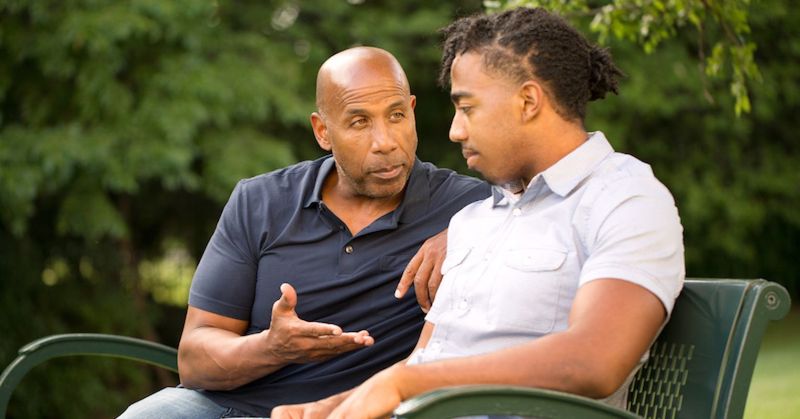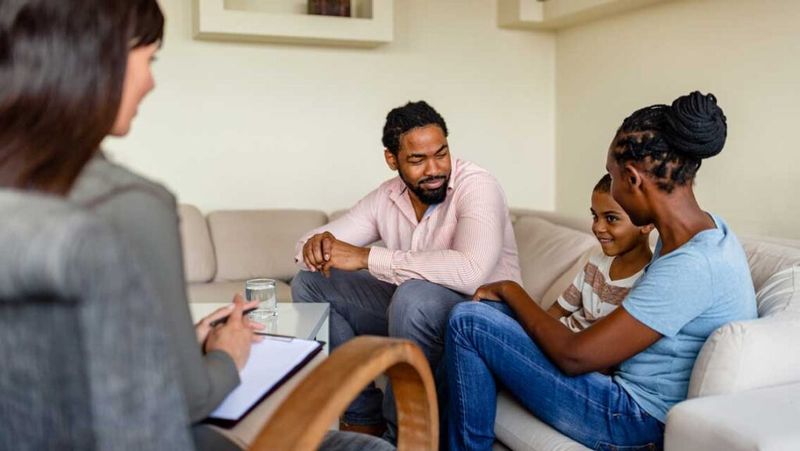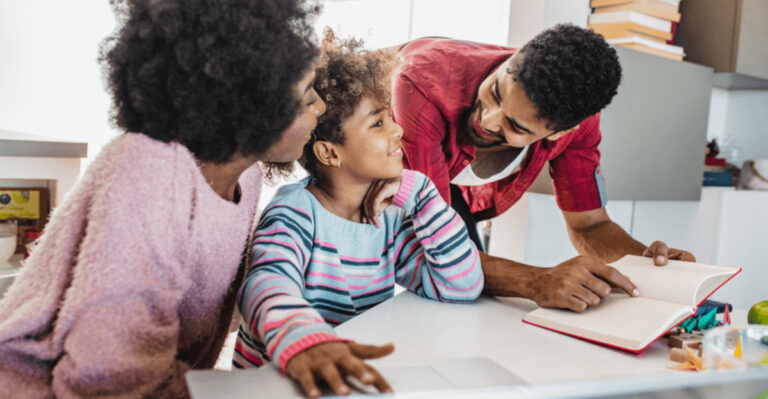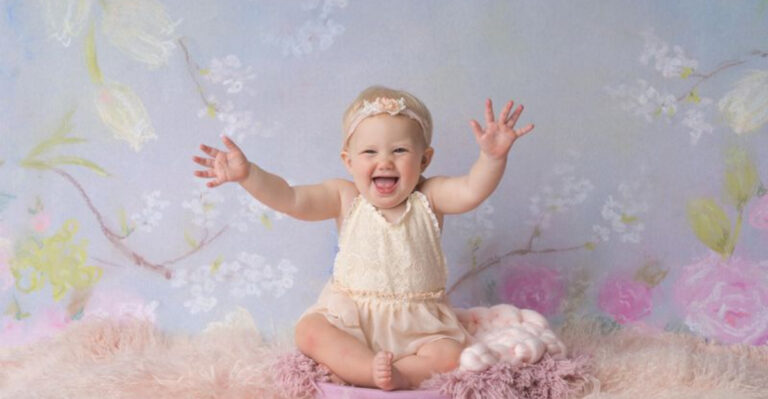18 Steps to Heal a Fractured Relationship with Your Adult Child
It’s never too late for repair — but healing takes humility, time, and truth. When your relationship with your adult child is strained or downright broken, the pain cuts deep.
It can feel like a chunk of your very heart is missing. Sometimes, the miles between you are all in the mind; sometimes, you haven’t spoken in years.
Either way, the ache is real, and it’s heavy. But here’s the thing: with a little courage, a lot of vulnerability, and consistent effort, you can start to stitch things back together. This isn’t about fairy tale endings — it’s about honest, messy, human reconnection, one moment at a time.
1. Let Go of the ‘Little Kid’ Lens

I used to see my daughter’s childhood face whenever she got upset — but that’s not who she is anymore. We all grow up, and sometimes parents forget that our kids have their own lives, jobs, and opinions. That shift is awkward, especially when all you want is to protect them.
Stepping back and letting them be the adult in the room is tough, but it’s the only way forward. When you start talking to your child like a peer instead of a project, everything changes. You’ll notice they open up more, maybe even surprise you.
Nobody likes being talked down to — not at 15, not at 35. Give them that autonomy, and trust that they’re finding their own way. It’s a respect thing, and it’s the foundation every grown-up relationship needs.
2. Swallow Pride, Admit the Hurt

Oof, pride is a stubborn beast, isn’t it? Admitting you hurt someone you love — even when you didn’t mean to — is next-level hard. But dodging responsibility just keeps things stuck.
When my son finally said, “You never listened,” it stung. My first instinct was defense, but that’s not what he needed. I had to own up, no matter how uncomfortable it felt.
The magic happens when you say, “I get it. You’re right — I messed up.” Taking true responsibility isn’t about groveling; it’s about validating their experience. That’s where healing begins, for both of you. Intent matters, but impact speaks louder every single time.
3. Zip It and Actually Listen

Ever catch yourself planning your comeback while your kid is talking? Guilty. But real listening means letting them unload — even if it stings or you totally disagree.
Those uncomfortable pauses? Let them breathe. Sometimes the best gift you can give is the space for your child to say what’s on their mind, no filter.
You don’t have to fix it right away. Just sit with them in the awkward, the angry, and the sad. Listen with your face, your body, your full attention. That’s when you start to hear what’s really going on beneath their words.
4. The Apology That Lands

A real apology isn’t a peace offering — it’s an act of bravery. The difference? No “but,” no excuses, just raw honesty. I remember scribbling out apology after apology before I finally got it right.
“I’m sorry I hurt you. I didn’t see it then, but I do now.” That’s it. Simple, clear, and straight from the heart. It’s not about getting off the hook; it’s about showing up for the pain you caused.
There’s something powerful about hearing those words. Sometimes, it’s the start of trust peeking back in. And yes, it’s scary — but absolutely worth it.
5. Curiosity Over Control

Sometimes, the bravest thing you can do is ask, “What do you need from me right now?” instead of assuming you already know. I learned this the hard way after stepping on toes — repeatedly.
Your child’s needs might surprise you. Maybe they want space, or maybe they crave honesty. Either way, you’re showing them you care about their comfort, not just your own agenda.
Let their answer guide you, even if it isn’t what you hoped. Respecting their wishes builds trust. It’s the opposite of control — it’s partnership. That’s when real conversation becomes possible again.
6. Emotions Are Real, Even When They Clash

Ever want to roll your eyes at your kid’s version of things? Been there. But their feelings are valid, even if you see history differently.
When you say, “I hear you,” you’re not admitting guilt for every little detail. You’re making space for their perspective — and that’s healing in itself. It’s about letting them feel what they feel without judgment.
Try validating their emotions out loud, even if your instinct is to argue. It won’t kill you, promise. It might even melt a little bit of that wall between you.
7. Don’t Rush the Reunion

Everyone wants the happy ending scene — hugs in the driveway, all is forgiven. Sadly, real life is a bit messier. Pushing for a quick fix just makes things worse.
Give your child the space to process, grieve, or even keep their distance for a while. It’s not a personal rejection; it’s their way of healing. Sometimes, waiting is the kindest thing you can do.
Let go of your own timetable. Patience is the motto. Reconciliation happens in its own season, not on demand — and that’s okay.
8. Patterns Matter More Than Moments

It’s not just the one big fight or harsh word that breaks things — it’s the patterns. What keeps repeating? The tone, the silence, the little digs?
I spent months blaming myself for one bad argument, but honestly, it was years of missed signals and stubborn routines that did the real damage.
Digging into the patterns hurts, but it’s how you understand what needs to change. It’s like detective work for the soul, and it’s wildly important for real healing. Past is prologue, but it doesn’t have to be your future.
9. Keep the Focus Off Your Guilt

Here’s a secret: Your guilt is not the main character. When you shift the conversation back to your own pain, you hijack their healing.
It’s tempting — oh so tempting — to explain how hard it’s been for you. But right now, your child is the priority. Let them have the spotlight and resist the urge to fish for comfort.
That kind of self-control is rare, but it’s what shows you’re really there for them. Let your actions center on their needs, not your need to feel better. The difference is huge.
10. Ask for Boundaries — and Honor Them

Boundaries aren’t punishment; they’re survival gear for trust. I used to dread the word, thinking it meant distance forever, but it’s more like a safety net for both sides.
Ask your child, “What boundaries do you need?” — then actually stick to them. Even if you don’t get it, you respect it. That’s real maturity.
When boundaries are honored, you both feel safer. It’s not about walking on eggshells; it’s about building a new normal from the ground up. Little by little, safety grows into trust.
11. Do Your Own Homework

You can’t drag someone to therapy, but you can go yourself. When I started reading, journaling, and talking to a counselor, everything shifted — even if my child wasn’t ready.
Taking charge of your growth sends a message: I care enough to do the work. Plus, it keeps you from repeating old patterns out of habit.
Don’t expect applause. Self-improvement is a solo act, and that’s the beauty of it. When you change, the relationship has a fighting chance to change, too.
12. Show Up in Small, Steady Ways

Not every repair needs a grand gesture. Sometimes, it’s just a “thinking of you” text or a quick check-in. Quiet consistency has more power than one big, emotional scene.
I started with tiny messages — no pressure, no expectations. Just being there, softly, was enough to crack a door open.
You don’t need to orchestrate a dramatic reunion. Reliability is magic. It says, “I’m here when you’re ready.” That’s the slow glue holding things together.
13. Drop the Parent Hat for a While

It’s wild how fast old habits sneak in — offering advice, correcting, or slipping into teacher mode. My daughter once said, “I just want you to be my mom, not my manager.” Message received.
Take off the parent hat and just be a person for a change. Joke, listen, mess up. Humility beats perfection every time.
The less you try to “fix” them, the more space there is for actual connection. Vulnerability might feel awkward, but it makes things real and relatable.
14. Let Go of Past Expectations

Sometimes, the old version of the relationship is gone for good — and that’s okay. I used to mourn what we had, wishing for those easy family dinners to come back. Grief is part of the process.
But there’s freedom in letting go of how things “should” look. The new relationship might be quieter or more distant, but it can still be genuine and meaningful.
Change doesn’t mean failure. It means growth — for both of you. Accept it, and you’ll find new ways to connect that never crossed your mind before.
15. Spotlight the Small Wins

Perfection is a myth and honestly, pretty boring. Did you have a conversation without arguing? That’s a win. Share a laugh? Double win.
I started noticing tiny moments with my son: a text, a shared meme, a silly joke. Those little bridges matter more than grand gestures.
Celebrate progress wherever you find it. A small step forward counts, even if it’s followed by three steps back. Joy sneaks in through those cracks — and it’s worth cheering for every time.
16. Patience is a Superpower

Waiting isn’t glamorous, but it’s powerful — especially when it comes to healing fractured relationships. You may be ready to reconnect, but your child might move at a snail’s pace.
Patience is love, period. I had to learn to wait without nagging, reminding, or guilt-tripping my child into closeness.
Sometimes, the best thing you can do is just keep living your life with hope in your heart. Quiet faith (and a good hobby) can carry you through the rough patches.
17. Open Door, No Strings

Your child might not knock today, next month, or even next year. Keep the door open anyway — no pressure, no conditions, just steady love.
That welcome matters more than you think. I learned that my job isn’t to force the pace; it’s to be there, arms and heart open, whenever they’re ready.
Don’t chase, but don’t disappear either. Holding space is its own kind of bravery. You’ll be amazed what can grow in an atmosphere of zero pressure.
18. Love That Doesn’t Try to Fix

Love at its best isn’t about fixing, saving, or steering — it’s about seeing and accepting. My proudest moment wasn’t a big speech or solution; it was when I simply told my child, “I see you. I want to know you — still.”
Let go of fear, regret, and control. Show up with love that’s steady, not smothering. That’s the kind of love grown-ups actually crave.
It’s not fancy, but it’s honest. When your child feels truly accepted, healing can finally breathe. The difference is night and day.







